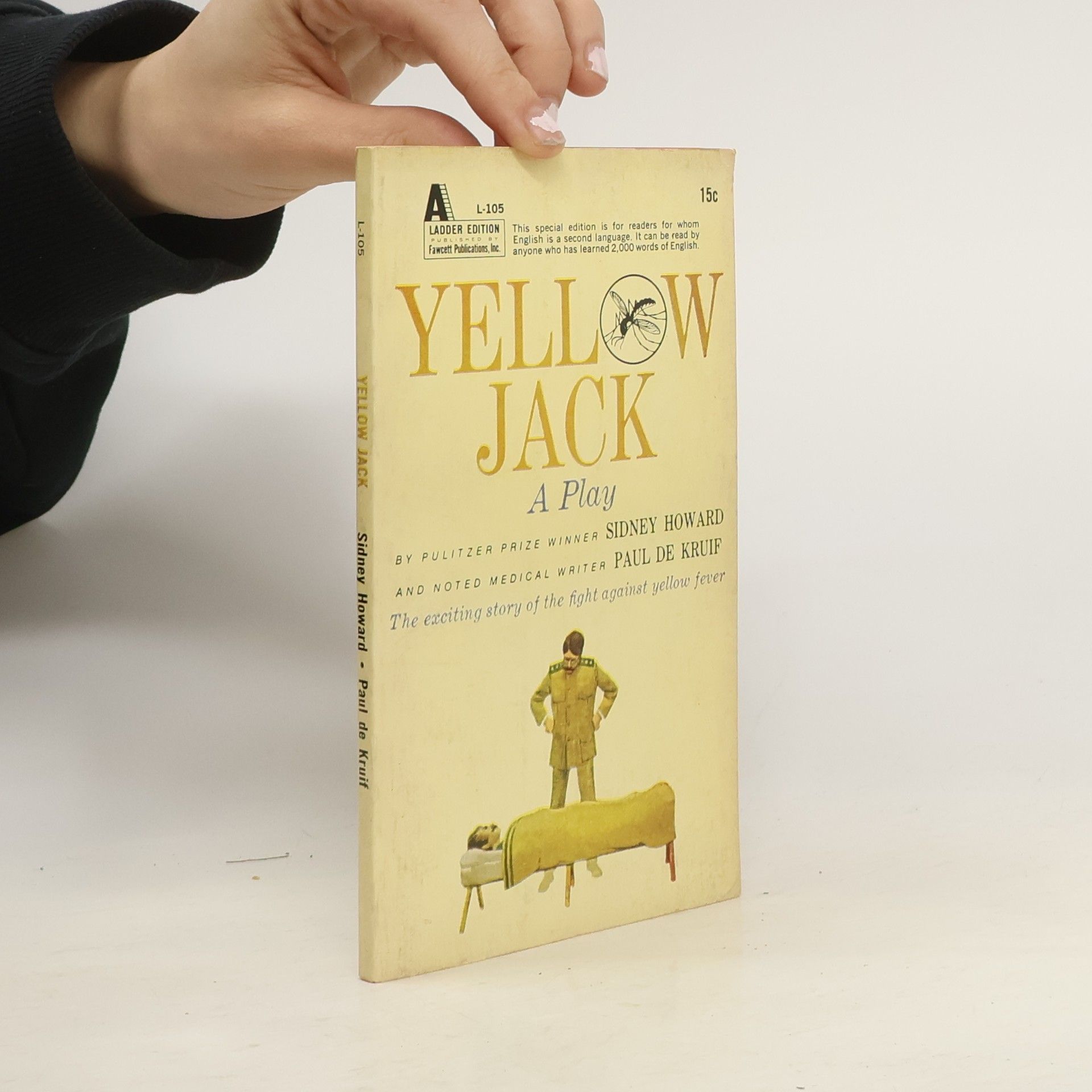A Man Against Insanity
The Birth of Drug Therapy in a Rural Michigan Asylum In 1952
- 204 pages
- 8 hours of reading
The narrative follows Dr. John (Jack) Ferguson, who embarked on a medical career later in life, aspiring to be a country doctor. His journey unfolds against the backdrop of his remarkable experiences and challenges, revealing his dedication to medicine and the impact he made in his community. The book explores themes of perseverance, the human spirit, and the complexities of mental health, showcasing Ferguson's unique contributions to the field.








